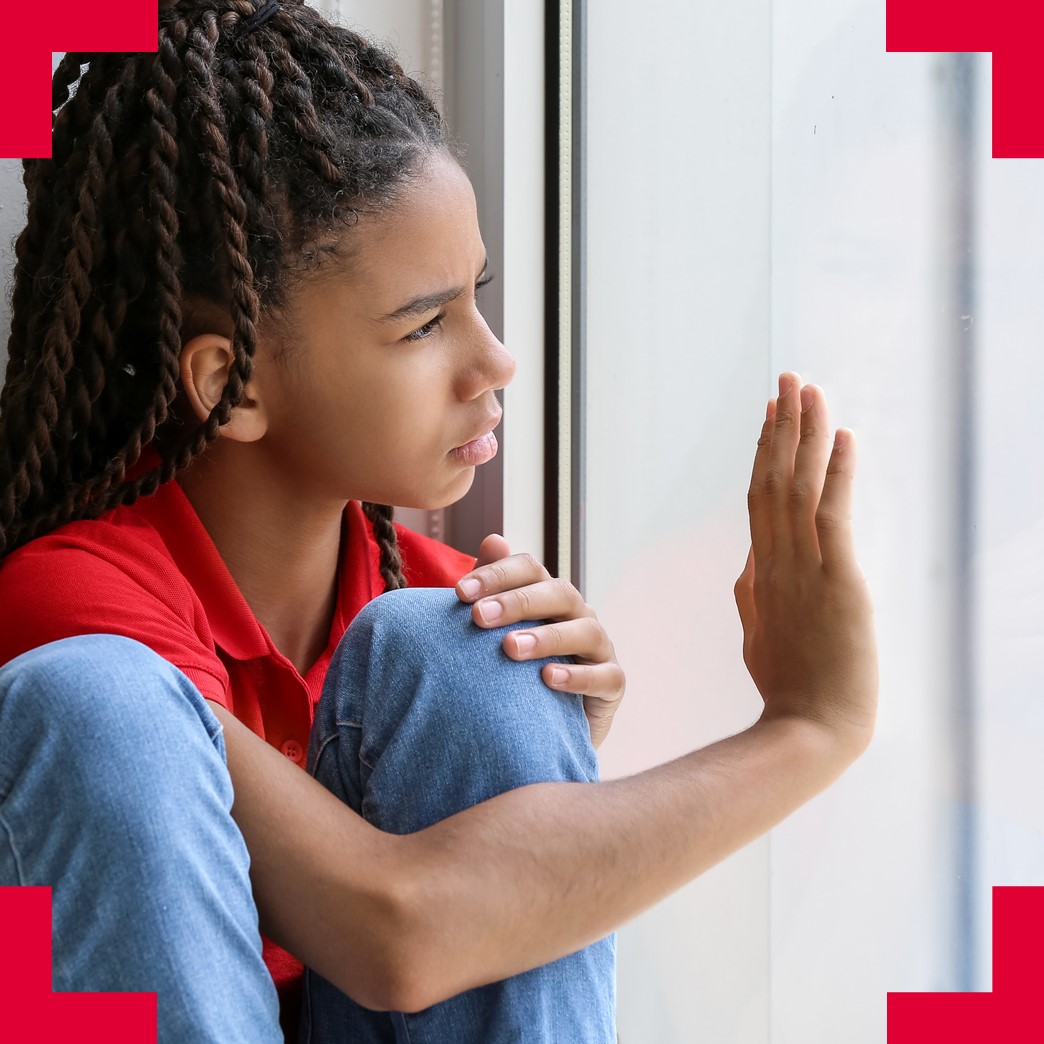Including the Excluded: Education and Wellbeing in the time of COVID
This research project looks at the experiences of pupils who had been excluded from school during the pandemic. How are these young people experiencing education now? How has expulsion impacted their mental health, social connectedness, and emotional wellbeing? And crucially, what are excluded pupils’ educational and wellbeing needs now we’re returning to face-to-face learning?

What did the project involve?
Brigstow Institute Collaborative Fellowships focus on structural inequalities in Bristol and beyond. In the Including the Excluded project, this meant looking at the experiences of pupils who had been excluded from school during the pandemic.
How are these young people experiencing education now? How has expulsion impacted their mental health, social connectedness, and emotional wellbeing? And crucially, what are excluded pupils’ educational and wellbeing needs now we’re returning to face-to-face learning?
For many Brigstow projects, time is of the essence. Exclusion is so often a reflection of the wider structural inequalities faced by families, and catching the effects of these inequalities when people are at school age has the power to affect their adult lives. Executed in 2021, this project brought urgent attention to the circumstances of pupils who have faced exclusion from Bristol’s schools since the start of the pandemic.
Black Caribbean pupils, as well as those who are of Black Caribbean and white heritage, continually experience exclusion in the largest proportions. Young people living in areas of high deprivation and those with Special Educational Needs and Disabilities also experience disproportionately high rates of exclusion. With this in mind, it’s clear that exclusion rates reflect wider structural inequalities in the education system.
This project uncovered the unique issues faced by excluded young people, as well as the psychological impact in the lead up to, and after, exclusion. From there, the researchers considered how we can best support them to be re-integrated and re-engaged with education and schooling, as schools re-open following lockdown across England.
A series of online focus groups were held, drawing storytelling and narrative methods together with plasticine modelling methods to explore young people’s understanding of mental health and educational aspirations.
Hearing directly from young people who had been excluded from school was key to the project. By working closely with an alternative education provider in the city, the project researchers ran three online focus groups with young people who had been excluded from their mainstream school. During the project, the team also interviewed two teachers and two more excluded learners.
Who are the team and what do they bring?
- Dr Jessica Abrahams (School of Education, University of Bristol) brought expertise in the Sociology of Education. She also brought expertise in conducting sensitive research with young people from disadvantaged backgrounds.
- Helen Thomas-Hughes (Faculty of Humanities and School of Law, University of Bristol) brought experience in using narrative and storytelling methods with young people. Helen also brought a grassroots perspective, having spent nearly a decade teaching excluded pupils in a pupil referral unit in Bristol.
- Dr Myles Jay-Linton (Bristol Medical School) is a chartered Psychologist and brings expertise relating to researching young people’s wellbeing.
- Lana Crosbie is founding member of the organisation No More Exclusions, as well as a member of the extended leadership team and Special Educational Needs Co-ordinator (SENCO) for Cabot Learning Federation. Lana was well placed to act as a gatekeeper and an advocate for the young people involved in this project.
- Hannah Ahmed (School of Education) brings experience of teaching in schools and experience of qualitative research methods researching young people.
- Jagjeevan Kaur (Community research fellow)
- Rashay Wood (Community research fellow)
- Rianne Farquharson (Community research fellow)
What were the results?
Drawing on methods of co-production, the project trained three young people as community research fellows; one of whom had experienced multiple school exclusions herself. The community fellows played a major role in co-producing the research. For example, they helped researchers to design data collection tools, and took part in the fieldwork.
You can find our more about this project in the “Including the Excluded” blog post by Hannah Ahmed.

